Our society is facing complex health challenges such as infectious diseases, antimicrobial resistance, ecosystem degradation and food system failures. ONE HEALTH is an approach that brings all relevant sectors together to tackle global health threats. There is a need for enhanced disease prevention capacity in all sectors ensuring the health of animals. All the sectors need to work closely to identify and implement adaptation and mitigation measures. One Health is the main guiding principle for all the international agreements for pandemic prevention, preparedness and response. It is an approach that relies on the understanding how human policies, practices and actions can affect animal health and environmental health.
One Health approach includes policies with cross-sector collaborations to deal with reducing antimicrobial resistant infections, preventing zoonotic and vector borne diseases from emerging and re-emerging, food safety and maintaining sustainable food production, addressing environmental issues. It calls for practitioners to break the silos and work together to address global health threats.
On One Health Day, November 3, 2023 WHO urges for investment in one health and calls world leaders for political commitment and action towards one health approach to address common threats which are affecting the health and well being of humans, animals,plants and environment. It not only saves lives and promotes health and well being but offers huge economic benefits. It is estimated that One Health can bring back approximately US$ 37 billion per year back to the global community. Whereas investment in one health requires only 10% of this amount.
Some gaps in the implementation of One Health includes:
- Need of databases and resources for supporting information sharing and action
- Need of One Health Workforce
- Need of an integrated surveillance system
- Need of a coordination mechanism between stakeholders
- Need of a deeper understanding of the drivers, risk factors of spillover between animals and humans such as livestock farming, urbanization, animal trade, agriculture and methods of minimizing the spillover without compromising other sustainable development objectives
One Health can be seen as a lifestyle and is a sustainable way of living together on earth. Simple commitments from each one of us can be our contribution to One Health Approach such as following antibiotic treatment only when prescribed by health professional and completing dosage as prescribed, trying walking or biking for short trips, avoiding use of vehicles whenever possible, contributing that wildlife remain in their natural habitat, not practicing wildlife trading.
We all have a role to play in One Health Approach.
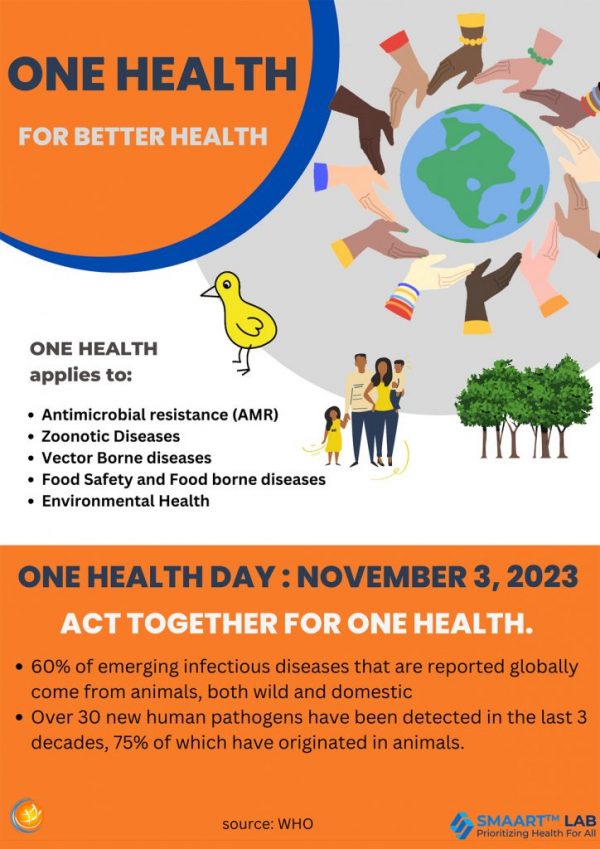
Source: WHO, United Nations, ILO in International Day of care and Support Post content.

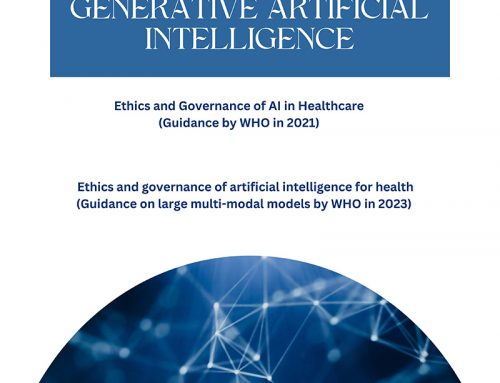
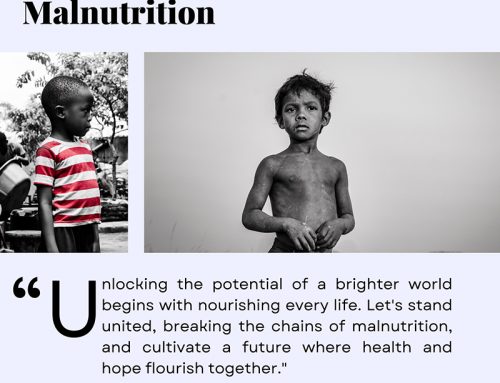
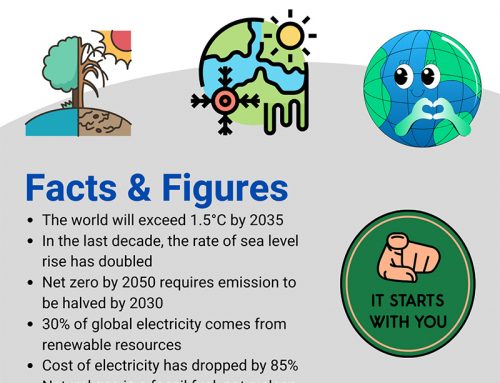
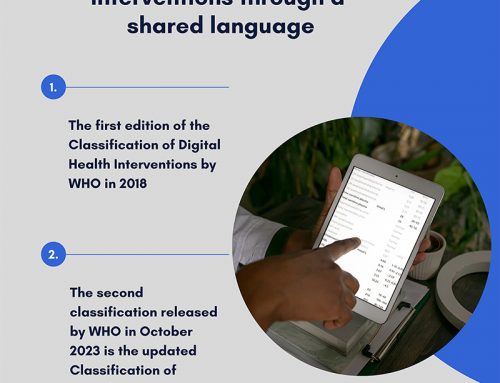
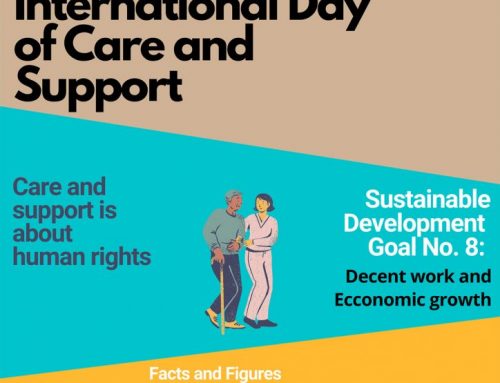
Leave A Comment